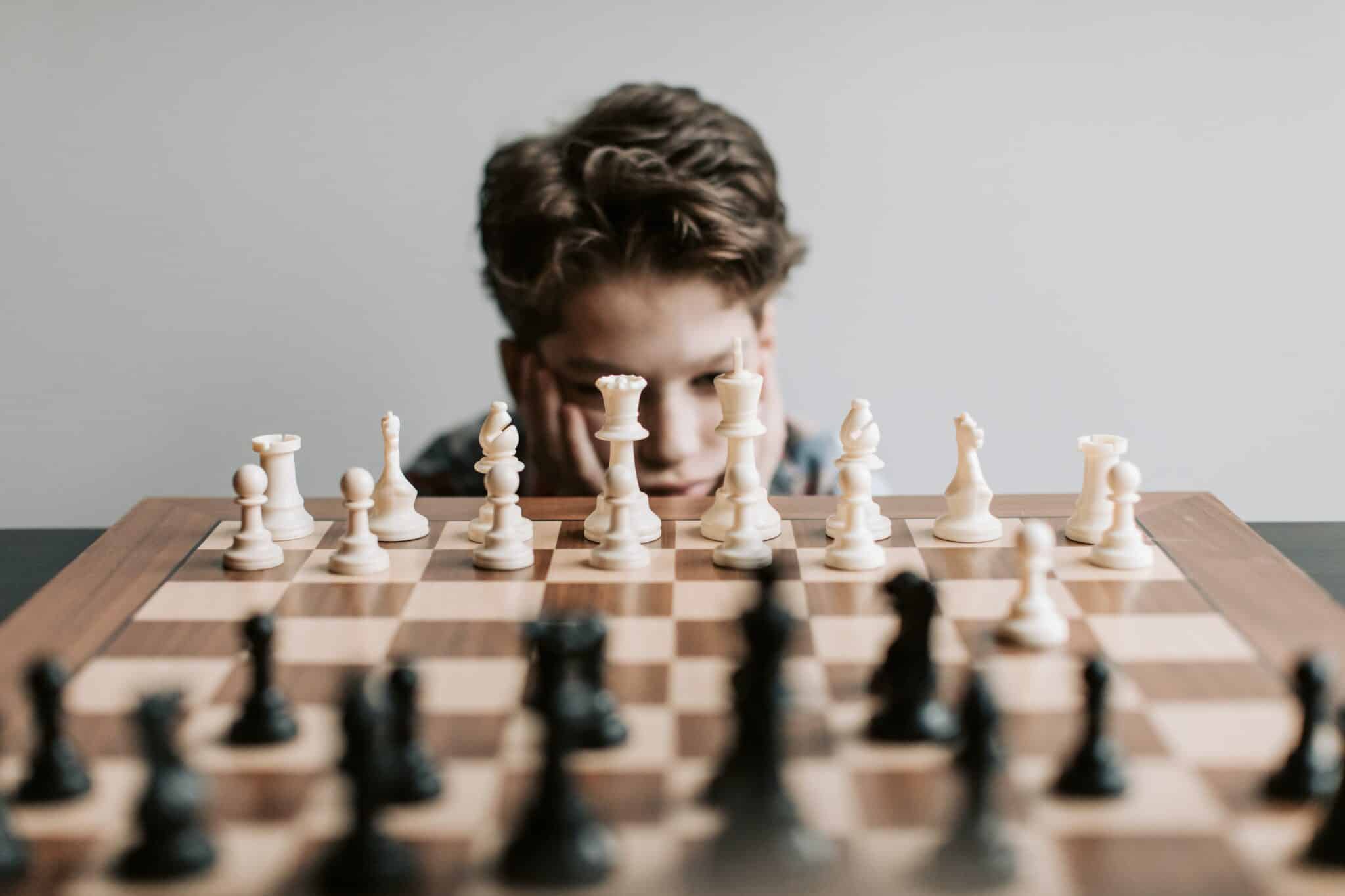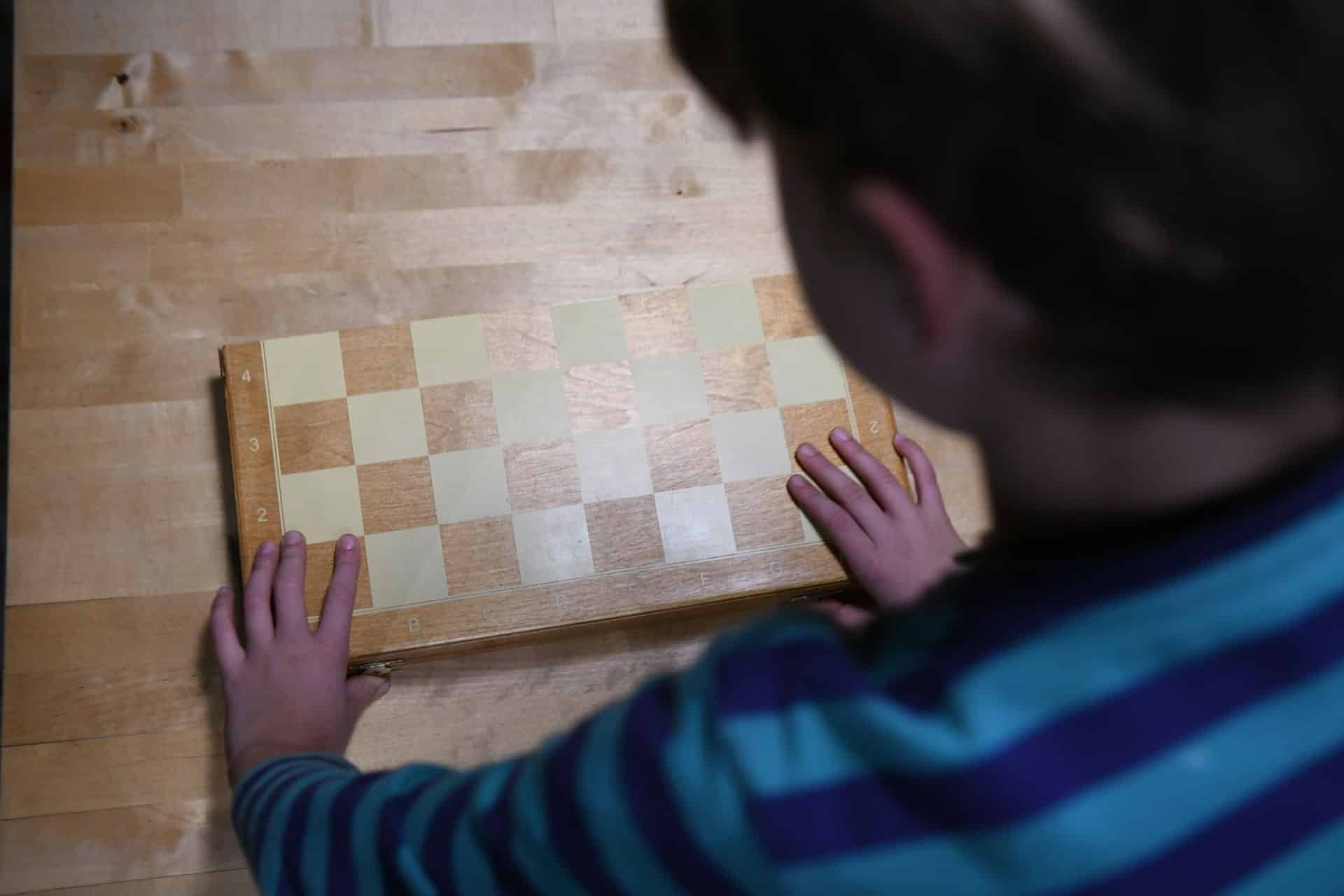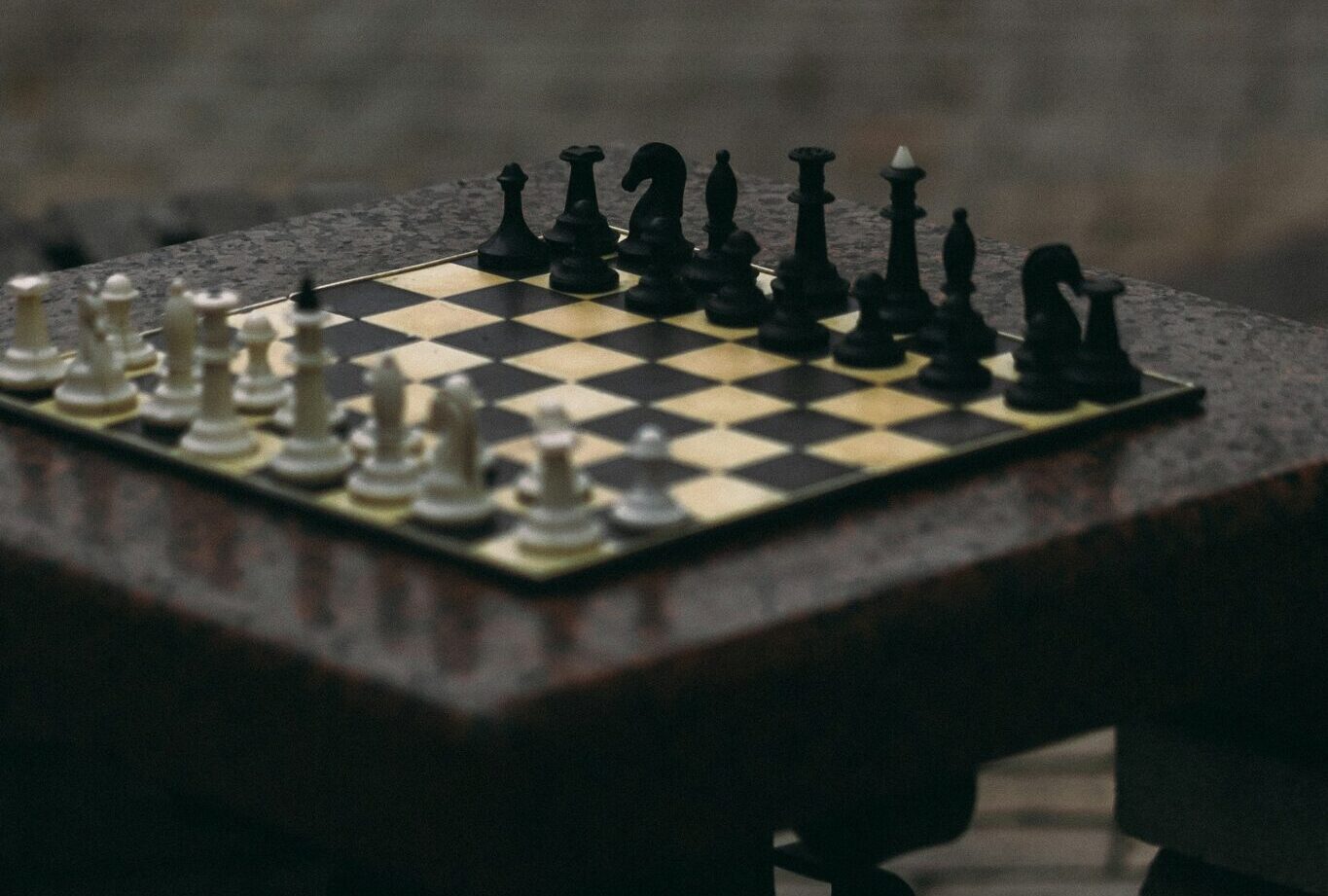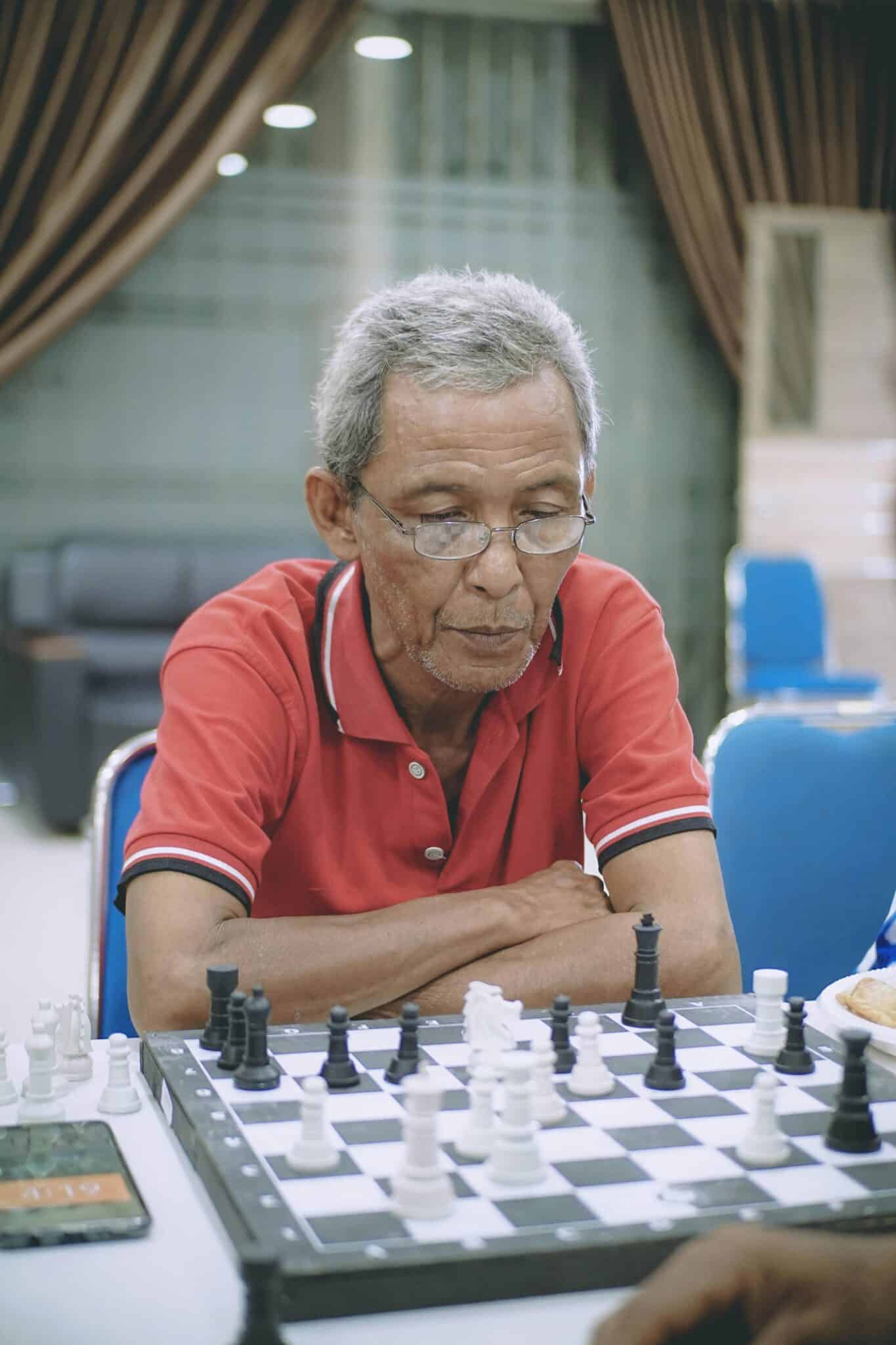Chess is both entertaining and a good way to develop one's mind, despite the fact that it is typically thought of as a game for kings and grandmasters. It has been demonstrated that engaging in this age-old game improves recall, critical thinking, and problem-solving abilities. Your academic performance will be significantly enhanced if you play chess daily while a student. This article will look at five techniques students can use to play chess and succeed in school.
Table of Contents
1. Enhance Critical Thinking and Problem-Solving Skills
Chess is primarily a strategy and tactics game. On the chessboard, each move you make with your pieces must be carefully analyzed in light of both your own and your opponent's moves. Chess practice enhances your capacity for critical thinking, planning, and anticipating the results of your decisions. Applying this skill to your studies can be transformative, particularly in subjects like math and science. You'll become an expert at analyzing complex problems, breaking them down into manageable parts, and developing effective solutions.
Chess helps you develop the ability to plan ahead, which is helpful when handling challenging academic assignments. In some cases, you might still need to seek professional essay writing services to complete your assignments on time. You should only hire services that offer top-quality essays tailored to your needs, original content, and reliable customer support.
2. Boost Memory and Concentration
Chess requires a sharp memory to recall previous moves, anticipate your opponent's strategies, and avoid repeating mistakes. Chess helps to increase memory retention, which is beneficial when attempting to recall information for exams and assignments. Chess requires a lot of concentration as well. You need to keep an eye on the whole board, think through all your options, and keep the big picture in mind. This ability to focus will help you improve your study habits by keeping you on task and enhancing your memory.
3. Develop Patience and Resilience
The game of chess should not be played quickly. Games can last for hours, while the decision-making process for each move can take minutes. The ability to wait patiently for the ideal opportunity and the grace to accept failure are essential life skills to acquire. In the academic world, both perseverance and patience are crucial. Studying and mastering complex subjects frequently involve challenges and setbacks. If you adopt the lessons of patience and resiliency from the chessboard, you'll be better equipped to take on difficult subjects and persevere through academic challenges.
4. Improve Time Management
Chess demands excellent time management skills. There are repercussions if a player exceeds the time allotted for them to make their moves. Chess players need to practice making quick decisions after giving them careful thought. You'll develop your time management skills by using this ability in your academic work. It becomes second nature to set study goals, schedule your time, and adhere to deadlines. Chess can assist you in striking the ideal balance between thorough planning and quick decision-making, a skill that will be helpful to you in your academic endeavors.
5. Cultivate Strategic Thinking
Chess is a game of strategy. You need to plan a series of actions in addition to just making one or two if you want to achieve your goals. Chess strategic thinking entails weighing the benefits and drawbacks of your position, exploiting your opponent's weaknesses, and adapting as the game progresses. You can have a significant advantage in the academic world by using strategic thinking. Whether you're working on a group project, a research paper, or exam preparation, having the ability to plan effectively can help you quickly reach your academic goals.
Final Remarks
Chess is more than just a game; it can help students succeed academically by enhancing memory. By embracing the strategies and skills developed on the chessboard, such as critical thinking, memory improvement, patience, time management, and strategic thinking, you can enhance your academic performance and put yourself in a successful position. Therefore, the next time you're looking for something productive to do with your free time, consider playing chess with a friend or taking on a computer. You'll be appreciative of your intelligence and GPA.






